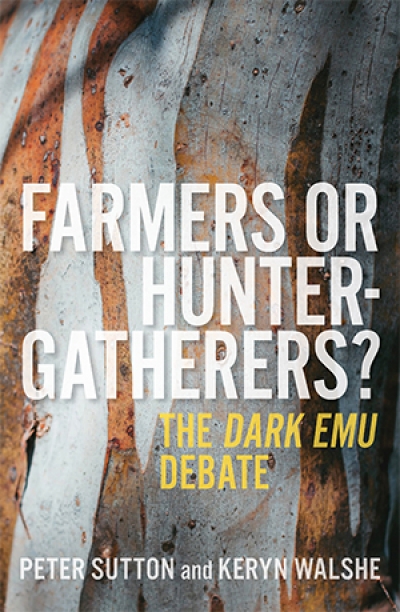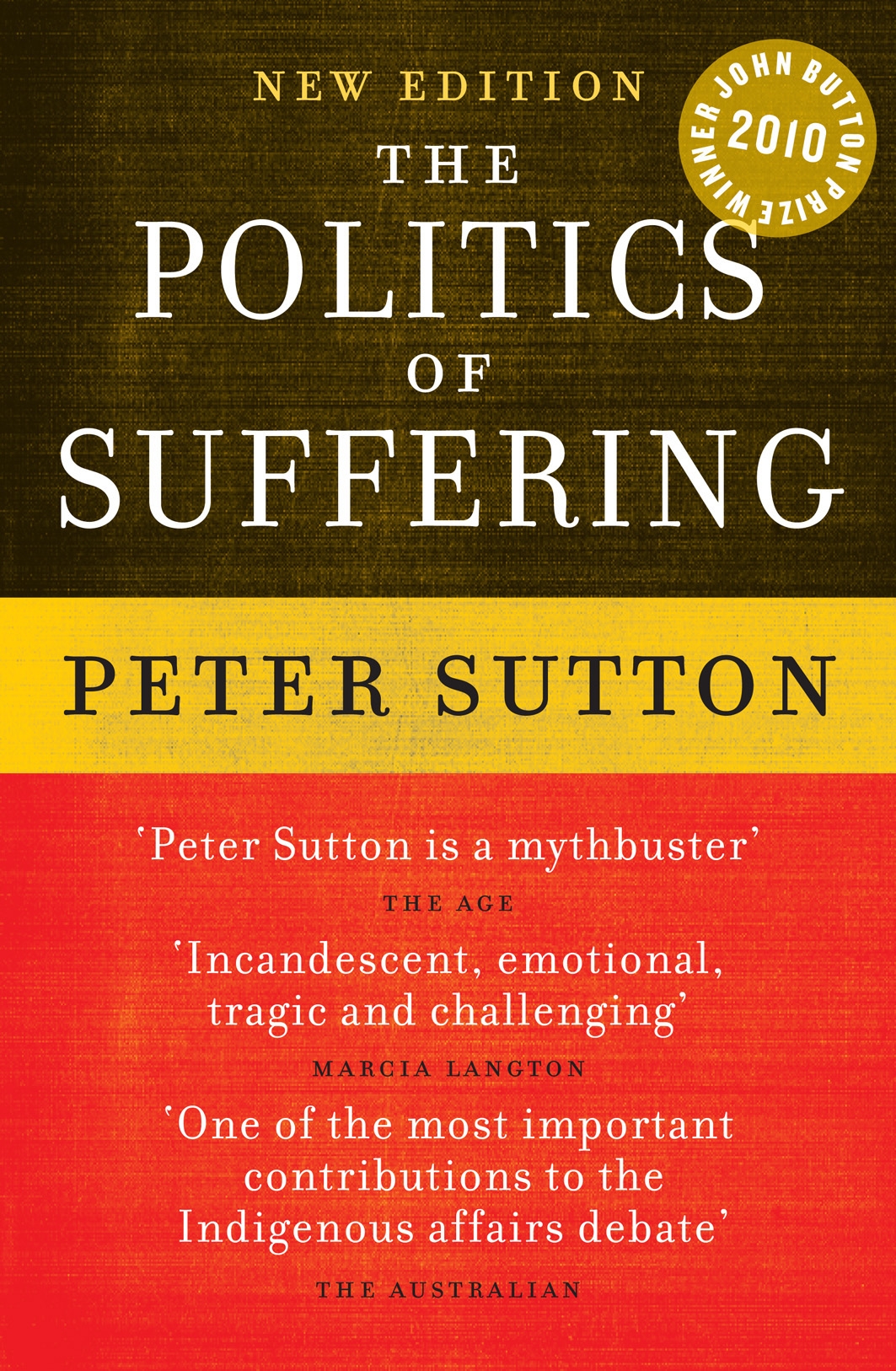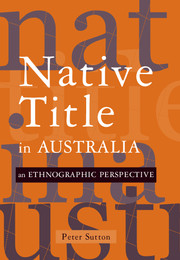Peter Sutton
Film | Theatre | Art | Opera | Music | Television | Festivals
Welcome to ABR Arts, home to some of Australia's best arts journalism. We review film, theatre, opera, music, television, art exhibitions – and more. To read ABR Arts articles in full, subscribe to ABR or take out an ABR Arts subscription. Both packages give full access to our arts reviews the moment they are published online and to our extensive arts archive.
Meanwhile, the ABR Arts e-newsletter, published every second Tuesday, will keep you up-to-date as to our recent arts reviews.
Recent reviews
Few books have had as decisive an impact on the history of Indigenous Australian land management as Bruce Pascoe’s Dark Emu. And yet, as Peter Sutton and Keryn Walshe argue in Farmers or Hunter-gatherers?, the foundations upon which Pascoe builds his account of Indigenous agriculture may be shakier than first thought. In his review of Sutton and Walshe’s book, writer and anthropologist Stephen Bennetts assesses not only their criticisms of Pascoe’s claims, but also the surrounding controversy that has turned a scholarly debate into another theatre in a culture war. What this political furore threatens to obscure is the long tradition of Australian anthropological research that has been essential to the legal restoration of Indigenous land ownership.
... (read more)




